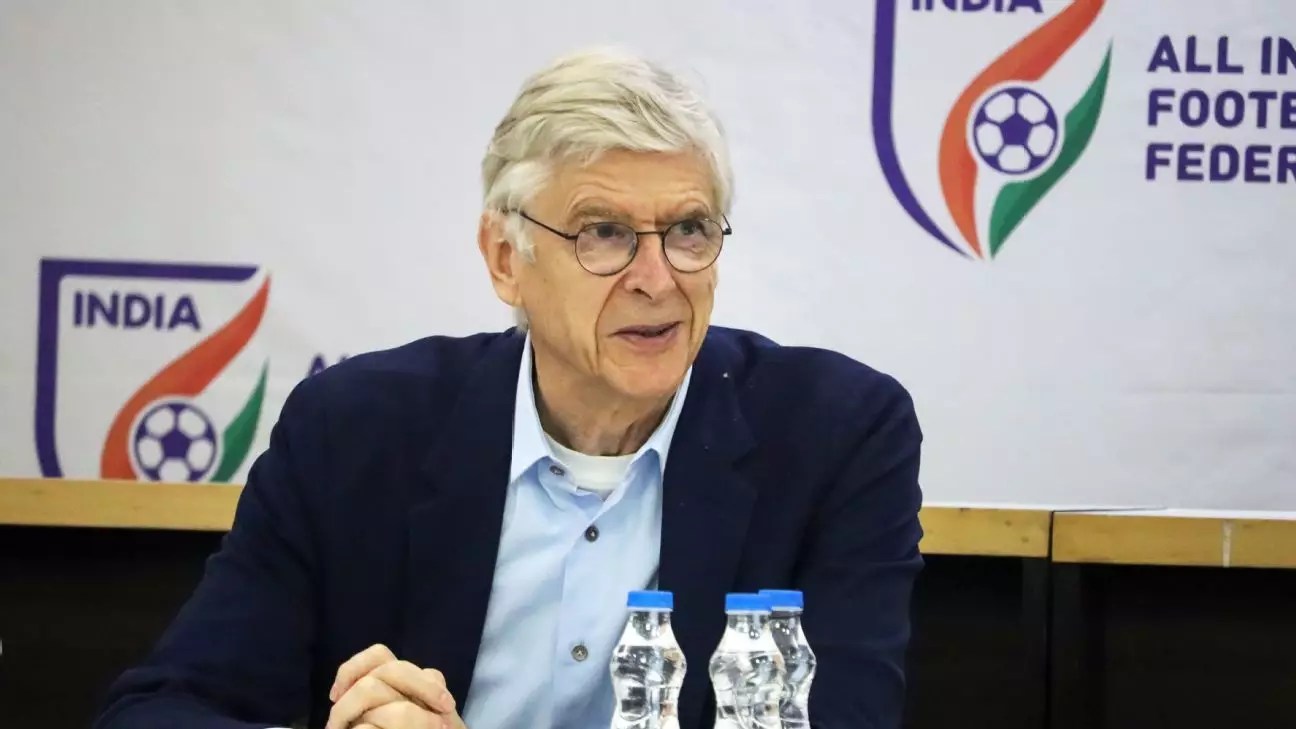FIFA has embarked on a crucial initiative to prioritize the welfare of football players by establishing a new task force, spearheaded by Arsène Wenger. This significant development underscores FIFA’s recognition of the need to address pressing concerns regarding the health and well-being of athletes within the sport’s demanding calendar. The task force aims to facilitate discussions on potential reforms, including the reduction of match frequency during congested schedules and the implementation of mandatory off-season breaks.
The task force, expected to meet shortly, will include representatives from key stakeholders such as FIFPRO, the global players’ union, various football clubs, domestic leagues, and national federations. This collaborative approach is a notable shift, especially considering the dissolution of a previous stakeholder committee by FIFA in 2021. The diverse perspectives brought together in this task force will enrich discussions on operational, medical, regulatory, and legal aspects of player welfare. Despite the lack of a specified timeline or decision-making framework, the initiative signifies a commitment to re-engagement with stakeholders after escalated pressures from unions and league officials.
Recently, FIFA has faced mounting legal scrutiny, particularly following a formal complaint submitted to the European Commission regarding the organization’s expansion of men’s competitions. This expansion has increased the workload for elite players, prompting discussions about the potential for player strikes. The task force has the dual role of assessing scientific research on player health while also managing FIFA’s public relations in light of these legal challenges. As more voices within the sport advocate for change, the task force’s recommendations could serve as a catalyst for transformative policies aimed at reducing player burnout.
FIFA has stated that the task force will draw on the latest scientific findings to make informed recommendations concerning players’ physical and mental well-being. This emphasis on evidence-based practices is vital, particularly as football culture continues to evolve. Furthermore, FIFA has partnered with the World Health Organization to improve protocols surrounding serious issues like head injuries, acknowledging the importance of player safety. The integration of scientific insights into policy-making not only enhances player protection but also fosters a healthier competitive environment.
As the task force prepares to convene, it represents a significant attempt by FIFA to realign its priorities with the concerns of players and stakeholders alike. By fostering a collaborative atmosphere and emphasizing player welfare, this initiative paves the way for meaningful discussions that could reshape the future of football. As the sports world watches closely, the recommendations emerging from this task force may ultimately dictate how football balances the demands of competition with the essential need for player health and well-being. The real challenge will be translating discussions into enforceable changes that genuinely benefit footballers on the ground.


Leave a Reply